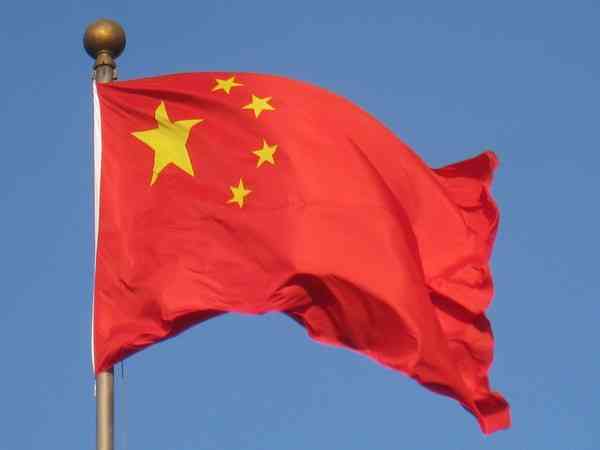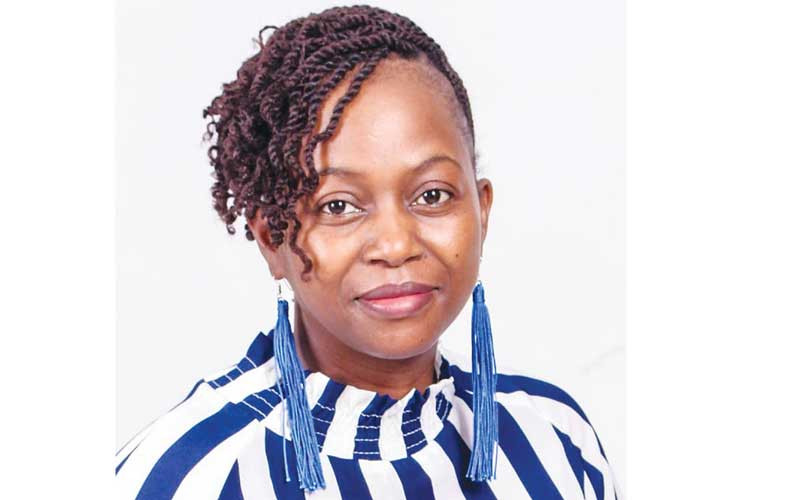
The cancellations rippled across the country: A Japanese choral band touring China, stand-up comedy shows in several cities, jazz shows in Beijing. In the span of a few days, the performances were among more than a dozen that were abruptly called off — some just minutes before they were supposed to begin — with virtually no explanation.
Just before the performances were scrapped, the authorities in Beijing had fined a Chinese comedy studio around $2 million, after one of its stand-up performers was accused of insulting the Chinese military in a joke; the police in northern China also detained a woman who had defended the comedian online.
Those penalties, and the sudden spate of cancellations that followed, point to the growing scrutiny of China’s already heavily censored creative landscape. China’s top leader, Xi Jinping, has made arts and culture a central arena for ideological crackdowns, demanding that artists align their creative ambitions with Chinese Communist Party goals and promote a nationalist vision of Chinese identity. Performers must submit scripts or set lists for vetting, and publications are closely monitored.
On Tuesday, Mr. Xi sent a letter to the National Art Museum of China for its 60th anniversary, reminding staff to “adhere to the correct political orientation.”
Mr. Xi’s emphasis on the arts is also part of a broader preoccupation with national security and eliminating supposedly malign foreign influence. The authorities in recent weeks have raided the corporate offices of several Western consulting or advisory companies based in China, and broadened the range of behaviors covered under counterespionage laws.
Many of the canceled events were supposed to feature foreign performers or speakers.
It was only to be expected that Beijing would also look to the cultural realm, as its deteriorating relationship with the West has made it more fixated on maintaining its grip on power at home, said Zhang Ping, a former journalist and political commentator in China who now lives in Germany.
“One way to respond to anxiety about power is to increase control,” said Mr. Zhang, who writes under the pen name Chang Ping. “Dictatorships have always sought to control people’s entertainment, speech, laughter and tears.”
- The brains behind Matavire’s immortalisation
- Red Cross work remembered
- All set for inaugural job fair
- Community trailblazers: Dr Guramatunhu: A hard-driving achiever yearning for better Zim
Keep Reading
While the party has long regulated the arts — one target of the Cultural Revolution was creative work deemed insufficiently “revolutionary” — the intensity has increased sharply under Mr. Xi. In 2021, a state-backed performing arts association published a list of morality guidelines for artists, which included prescriptions for patriotism. The same year, the government banned “sissy men” from appearing on television, accusing them of weakening the nation.
Officials have also taken notice of stand-up comedy, which has gained popularity in recent years and offered a rare medium for limited barbs about life in contemporary China. The government fined a comedian for making jokes about last year’s coronavirus lockdown in Shanghai. People’s Daily, the Communist Party mouthpiece, published a commentary in November that said jokes had to be “moderate” and noted that stand-up as an art form was a foreign import; the Chinese name for stand-up, “tuo kou xiu,” is itself a transliteration from “talk show.”
The recent crackdown began after an anonymous social media user complained about a set that a popular stand-up comedian, Li Haoshi, performed in Beijing on May 13. Mr. Li, who uses the stage name House, had said that watching his two adopted stray dogs chase a squirrel reminded him of a Chinese military slogan: “Maintain exemplary conduct, fight to win.” The user suggested that Mr. Li had slanderously compared soldiers to wild dogs.
Outrage grew among nationalist social media users, and the authorities quickly piled on. In addition to fining Xiaoguo Culture Media, the firm that manages Mr. Li, the authorities — who said the joke had a “vile societal impact” — indefinitely suspended the company’s performances in Beijing and Shanghai. Xiaoguo fired Mr. Li, and the Beijing police said they were investigating him.
Within hours of the penalty being announced on Wednesday, organizers of stand-up shows in Shanghai, Beijing, Shenzhen and eastern Shandong Province canceled their performances. A few days later, Chinese social media platforms suspended the accounts of Uncle Roger, a Britain-based Malaysian comic whose real name is Nigel Ng; Mr. Ng had posted a video poking fun at the Chinese government on Twitter (which is banned in mainland China).







